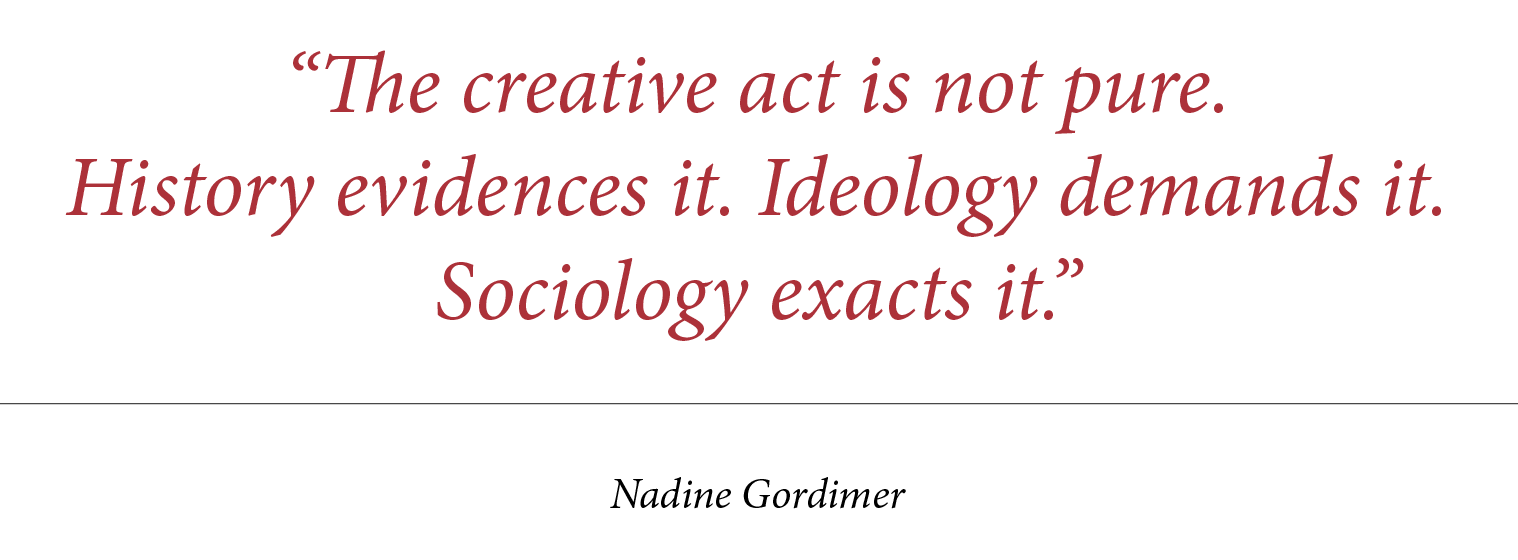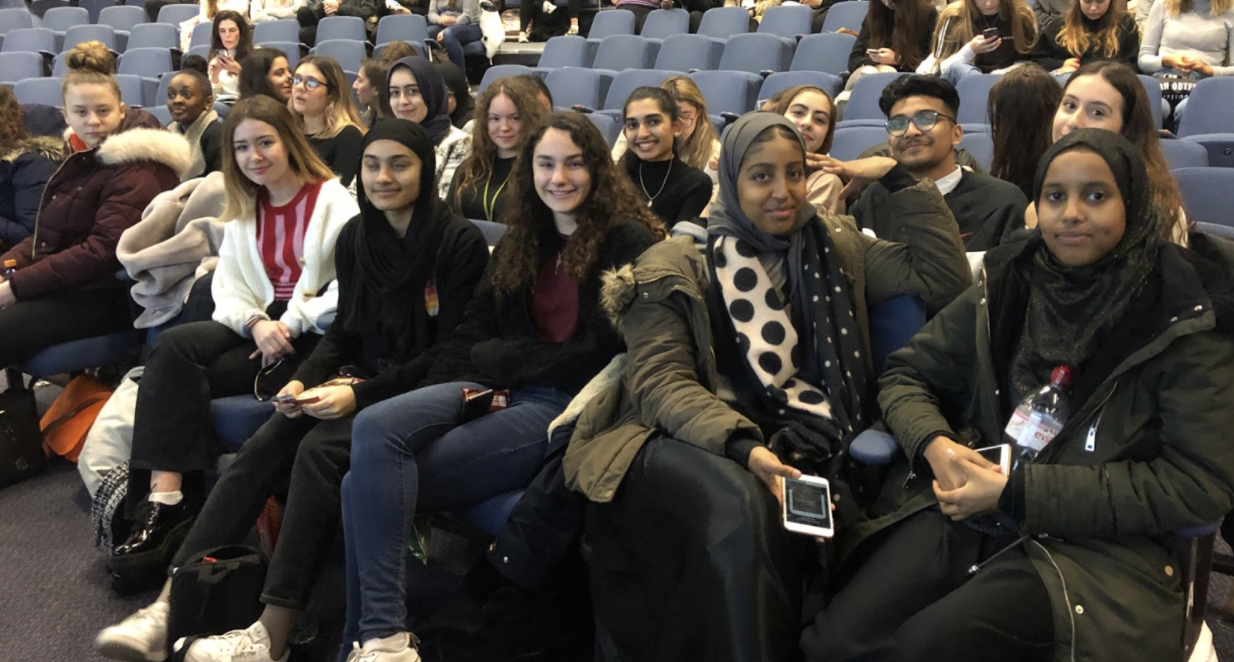Sociology
Sociology aims to broaden students’ minds, helping them to see their world from different perspectives and in new and thought-provoking ways. Sociology is the study of social groups and institutions. Sociology’s subject matter is diverse, ranging from the study of crime to education from the family to the state, from the divisions of ethnicity and social class to the shared beliefs of a common culture, and from social stability to radical change in whole societies. Unifying the study of these diverse subjects of study is sociology’s purpose of understanding how human action and consciousness both shape and are shaped by surrounding cultural and social structures.
Sociology helps students develop a range of skills that will benefit them in both further study and the working world, including:
- the use of evidence to support arguments
- how to investigate facts and use deduction
- critical thinking
- Research skills
- making reasoned arguments
- developing opinions and new ideas on contemporary social issues
- the ability to analyse and better understand societal issues

Key Stage 4
GCSE Sociology begins with giving students an introduction to Sociology, where students learn the key concepts and theories that underpin the discipline. Students go on to revisit these concepts and theories in their study of different aspects of society: families and households, education, crime and deviance and social stratification. Students explore a range of issues and debates within each of these areas.
Sociology is a social science and therefore relies on research to provide evidence to support sociological theories. Students learn the process behind sociological research, and explore different research methods. Students use this knowledge to put themselves into the shoes of a sociologist and judge how best to approach researching different topics in order to get the most useful data.
Students use their knowledge of research methods and theories and concepts to make their own sociological arguments, which they demonstrate through their short written responses, sociological essays and their everyday understanding of society.
Key Stage 5
A Level Sociology is a broad and deep curriculum that welcomes students new to Sociology and students who have studied sociology at GCSE. Students study a range of topics that focus on aspects of UK society, in the context of a globalised world, including education and crime and deviance, or on the fundamental principles of Sociology, including theory and methods. Underpinning all the topics in A Level Sociology is the fundamental disciplinary knowledge, crucial for building a sociological imagination:
- sociological theories, perspectives and methods
- the design of the research used to obtain the data under consideration, including its strengths and limitations
The following themes are broad threads running through many areas of social life and are therefore explored in all topics studied at A Level Sociology. These themes build on the knowledge students gained from GCSE Sociology, if they studied it:
- socialisation, culture and identity
- social differentiation, power and stratification
Students are encouraged to make links between topic areas studied and use this to make evaluative judgements about areas in Sociology and the discipline itself. Students at A Level begin to develop skills that enable individuals to focus on their personal identity, roles and responsibilities within society. Through a focus on contemporary society, students will leave with a respect for social diversity, engage in critical thinking and a lifelong interest in social issues.
Curriculum Map
Please scroll down to view the relevant faculty and page.
Exam Specifications
A Level AQA (7192) – Click here to see the specifications
Images
UCL Academy A Level Sociology students, front row at an A Level Sociology conference at UCL’s Institute of Education. Students heard from sociologists they had studied in their A Level lessons, including world famous sociologists.



